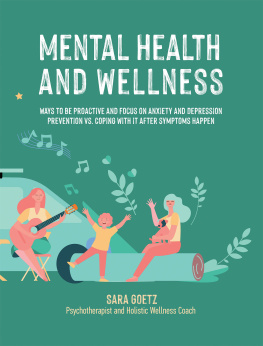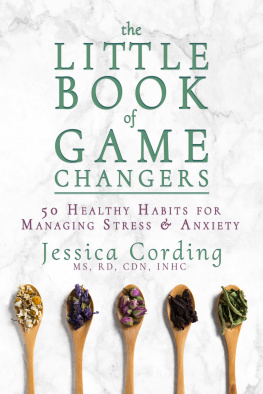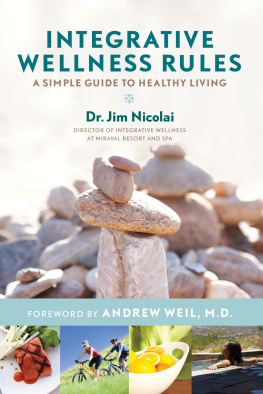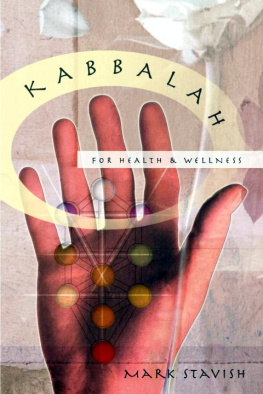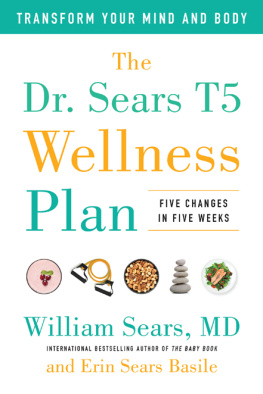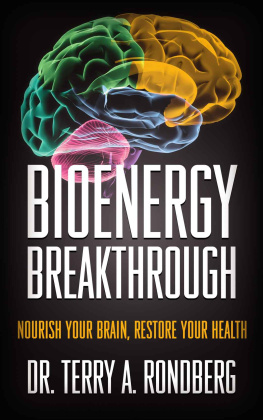NOTE: This book is intended only as an informative guide. The information in this book is not intended to replace, countermand, or conflict with the advice given to you by your own physician. The ultimate decision concerning care should be made between you and your doctor. Always consult your physician or qualified health care professional on any matters involving your health. The author and publisher specifically disclaim all responsibility for any liability, loss, or risk, personal or otherwise, which is incurred as a consequence, directly or indirectly, in connection with the use or application of any contents of this book.
Copyright 2021 by Casey Gueren
Cover copyright 2021 by Hachette Book Group, Inc.
Foreword copyright 2021 by Dr. Jen Gunter
Hachette Book Group supports the right to free expression and the value of copyright. The purpose of copyright is to encourage writers and artists to produce the creative works that enrich our culture.
The scanning, uploading, and distribution of this book without permission is a theft of the authors intellectual property. If you would like permission to use material from the book (other than for review purposes), please contact permissions@hbgusa.com. Thank you for your support of the authors rights.
Running Press
Hachette Book Group
1290 Avenue of the Americas, New York, NY 10104
www.runningpress.com
@Running_Press
First Edition: September 2021
Published by Running Press, an imprint of Perseus Books, LLC, a subsidiary of Hachette Book Group, Inc. The Running Press name and logo is a trademark of the Hachette Book Group.
The Hachette Speakers Bureau provides a wide range of authors for speaking events. To find out more, go to www.hachettespeakersbureau.com or call (866) 376-6591.
The publisher is not responsible for websites (or their content) that are not owned by the publisher.
Library of Congress Control Number: 2021936382
ISBNs: 978-0-7624-7183-6 (paperback), 978-0-7624-7182-9 (ebook)
E3-20210723-JV-NF-ORI
HAVE YOU EVER GOOGLED YOUR MEDICAL SYMPTOMS IN THE middle of the night?
It should come as no surprise to learn youre not alone. Almost everyone has researched health information online, either for themselves or a loved one, or both. I know that my own patients do it, and at times I know they feel guilty when they tell me, although they shouldnt. Having access to quality information online shouldnt just be the privilege of the few in medicineit is everyones right.
Its not uncommon for me to encounter one of my patients who has spent hours onlinemaybe even longerlooking up symptoms, researching a diagnosis, or investigating therapies. This excites me because it means my patient is engaged and wants to learn more about their health. The downside is the information they have gathered is often incorrect. It may be alarmist, recommend unnecessary tests, or be the gateway to a snake oil-fest of epic proportions.
It isnt their fault. When you research health information online using standard internet search techniques what happens is a popularity contest: search engines favor quantity or number of previous clicks over quality of the content. And with companies (both pharmaceutical and those making supplements) and influencers affecting the results, the algorithm seems to favor everyone and everything with the exception of unbiased, factual information. What typically makes these searches even less effective is that they often happen late at night, which is not the ideal time to conduct health researchespecially your own. It seems the odds of coming away less informed or misinformed from your search are at least as high (if not higher) than coming away better educated about your health.
The internet can be the most amazing medical library out there, and it can also literally be the worst, but even the best library is of little value if you dont know how to use it. Search for cervical cancer prevention online and you might end up on a guide to getting the HPV vaccine (yeah!) and how to advocate for getting the vaccine if your doctor dismisses your request (practical and helpful!). Or you might stumble upon a wellness influencer with over 100,000 followers on Instagram who claims that Pap smears are unnecessary because you know your body and hence can detect if there is a problem (an ignorant and dangerous position that could kill people with a cervixand yes, this is a real example).
It shouldnt be this kind of crap shoot.
But its not just because basic health education in our schools is lacking, and most people dont ever learn how to look for medical information online. I probably dont need to tell you that good content is often inaccessible (and, lets face it, sometimes snooze-worthy), while wellness fads rule on social media. Its not surprising that the health and wellness corner of the internet is a quagmire.
Casey Gueren knows this all too well. She is a writer and health editor (who I have had the pleasure of writing for) and shes not afraid to admit that she is often very anxious about her health. So she gets it. Really. Not just the worries that many of us (doctors included) have when we search for health information online, but also the importance of learning how to access that informationbecause, in many cases, she put it there. What makes this book unique is Caseys insight into the creation of online health information. She spent years writing the types of headlines that will catch your eye and the content you might find yourself reading in the middle of the night. She has also covered the wellness industry and health fads as both a journalist and a curious consumer. Shes been there.
Shes not going to tell you to stay off the internet, but she will help you navigate it in a way thats less stressful and more helpful. With the right tools, the internet is an amazing medical library that can help people learn more about their health and how to advocate for the best care. With the wrong set of directions, the internet is a fast track to misinformation, misdiagnoses, and even medical conspiracy theories. It can stoke our fear and lead to over-testing or splurging on unnecessary and potentially harmful supplements.
In this book Casey becomes that virtual best friend you text in the middle of the night with a random health questionbut one who understands the concerns that send you online and how to separate the medical from the mystical when you are staring at your screen. Casey gives her readers an essential toolkit for navigating medical information online in the age of clickbait stories and shady wellness schemes.
This is an accessible, funny, relevant, and at times poignant guide to online health literacy from someone who has been behind the scenes creating content and is ready to share her backstage pass with you.
Jen Gunter, MD
@DrJenGunter
YOU KNOW WHATS EVEN MORE FRUSTRATING THAN GOOGLING your symptoms on a Friday night, convinced that youre dying?
Googling your symptoms on a Friday night and landing on an article that you wrote on the topic. Anddespite the nice, reassuring tonestill not believing that youre not dying.
Yeah, Ive done that.
A few years ago, I was about to head out to a party when my gynecologist called. Now, as a health editor, Id written enough articles about vaginas to know that your gynecologist usually doesnt call at 5 p.m. on a Friday night with news that everything is cool. I could hear my heartbeat in my ears as she explained that she had found atypical cells in my latest Pap smear. It could be nothing, she said, but well want you to come back in for a biopsy soon.
I ripped off my jacket, suddenly feeling hot and sick. Then came the classic tunnel vision, chest pain, and numbness that anyone who has experienced a panic attack might be familiar with.


